Dive into a collection of articles that amplify neurodivergent voices, support a more thorough understanding of neurodiversity, and challenge common misconceptions.
Month
- February 2026
- January 2026
- December 2025
- November 2025
- October 2025
- September 2025
- August 2025
- July 2025
- June 2025
- May 2025
- April 2025
- March 2025
- February 2025
- January 2025
- December 2024
- November 2024
- October 2024
- September 2024
- August 2024
- July 2024
- June 2024
- May 2024
- April 2024
- March 2024
- February 2024
- January 2024
- December 2023
- November 2023
- October 2023
- September 2023
- August 2023
- July 2023
- June 2023
- May 2023
- April 2023
- March 2023
- February 2023
- January 2023
- December 2022
Author
- Abs S. Ashley
- Adam Fare
- Aimee Fletcher
- Aisling Sheehy
- Andreia Costa
- Ann Memmott
- Antonia Aluko
- Bethan Warner
- Beverley Samways
- Brendan Maguire
- Callum Stephen Howes
- Cassandra Lovelock
- Charli Clement
- Chloe Webster-Harris
- Claire
- Cos Michael
- Darren O'Reilly
- Dr Catherine Crompton
- Dr Virginia Carter Leno
- El Dewar
- Elise Guthrie Stirling
- Emily Wooden
- Emily Lees
- Emily Katy
- Emma
- Emma Nielson
- Grace Lee
- Harriet Axbey
- Hat Porter
- Helen Edgar
- Iqra Babar
- Jill Corbyn
- Kai Schweizer
- Katrine Callander
- Kay Louise Aldred
- Krysia Waldock
- Kyra Thompson
- Lizzie Smith
- Lou Chandler
- Lucy Gilbert
- Meena Kumari
- Molly Anderton
- Molly Siobhan Parker
- Nick Ransom
- Reesha Zahir
- Remie Colledge
- Rhiannon Williams
- Rod Landman
- Rose Matthews
- Sarah Douglas
- Sarah Boon
- Sascha Bellamy
- Sophie Broadgate
- Stop Oxevision
- Tania Robinson
- Thomas Barnett
- Tina
- Trauma Geek
- Victoria Denham
- Warda Farah
- Zoë Austin

A Christmas letter to my younger self
In our second festive blog, we’re joined by Molly Anderton, NdC Lived Experience Advisor, as she shares insights into her Christmases growing up as an undiagnosed Neurodivergent person and sends warm wishes back in time to her younger self.
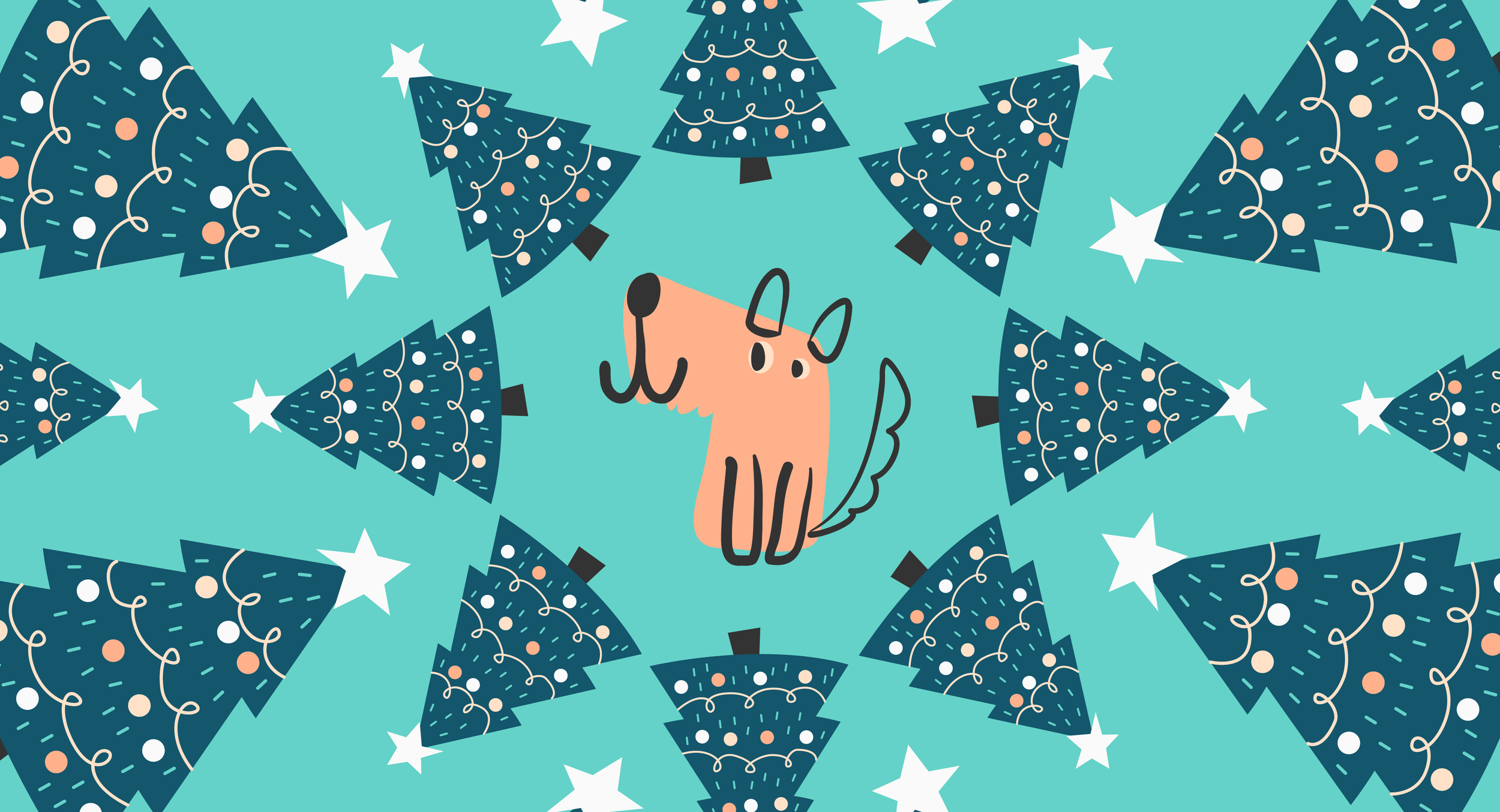
The quiet season: reclaiming rest from performative festivity
Winter is supposed to be a season of rest. The natural world slows down, the light fades and everything in our biology leans toward quiet. Yet December demands the opposite: noise, speed, performance, compulsory joy.
For many Neurodivergent people, this isn’t festive,it’s exhausting. This year, perhaps more than any other, NdC’s Communications and Project Assistant, Tors Denham has found herself questioning whether she wants to keep pretending that this version of celebration works for her.
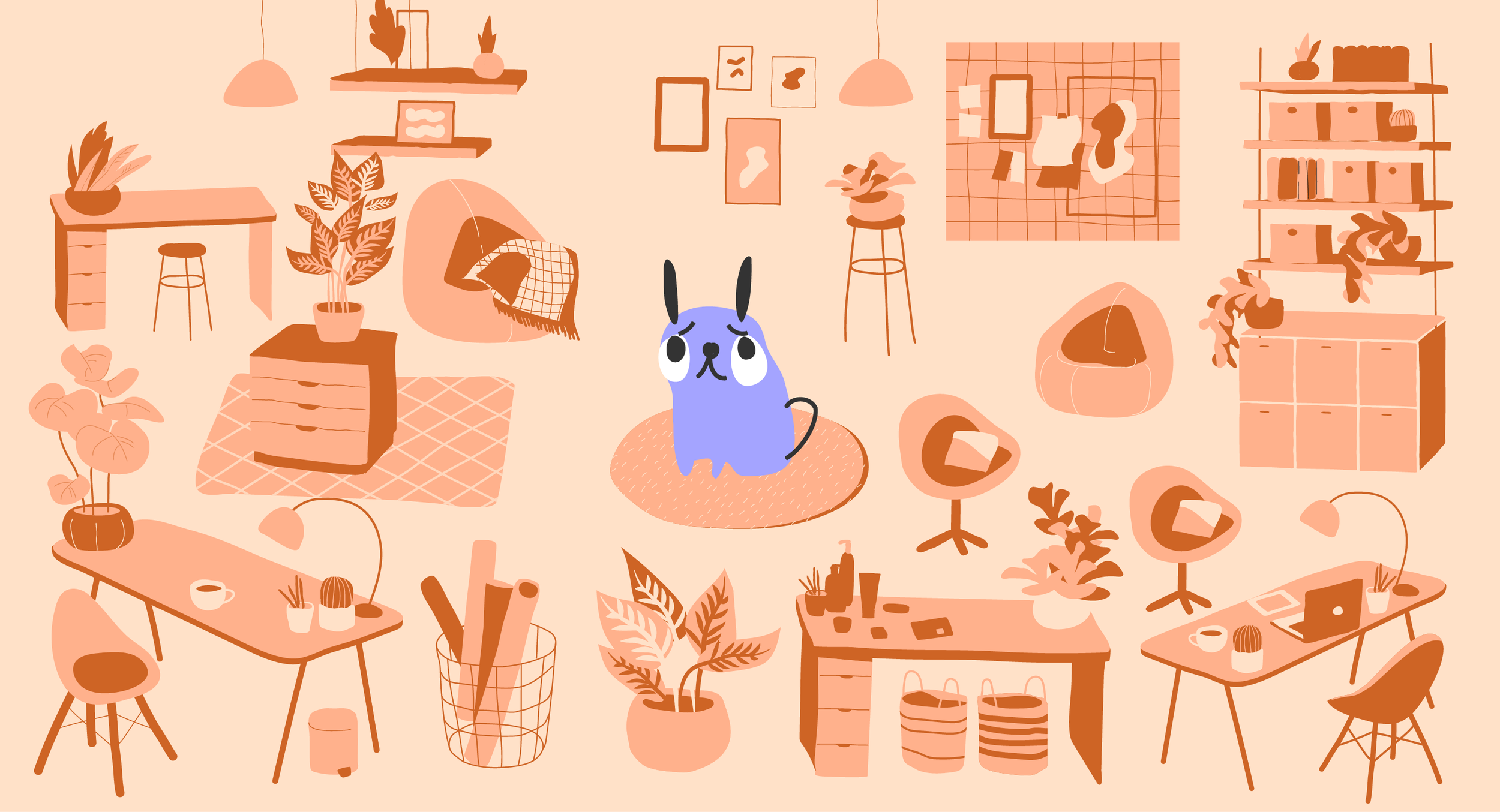
AuDHD at work: finding balance and co-creating adjustments
Guest contributor, Remie Colledge, contemplates being AuDHD in the workplace, considering how the process of identifying and implementing adjustments can be an opportunity for curiosity and co-creation.
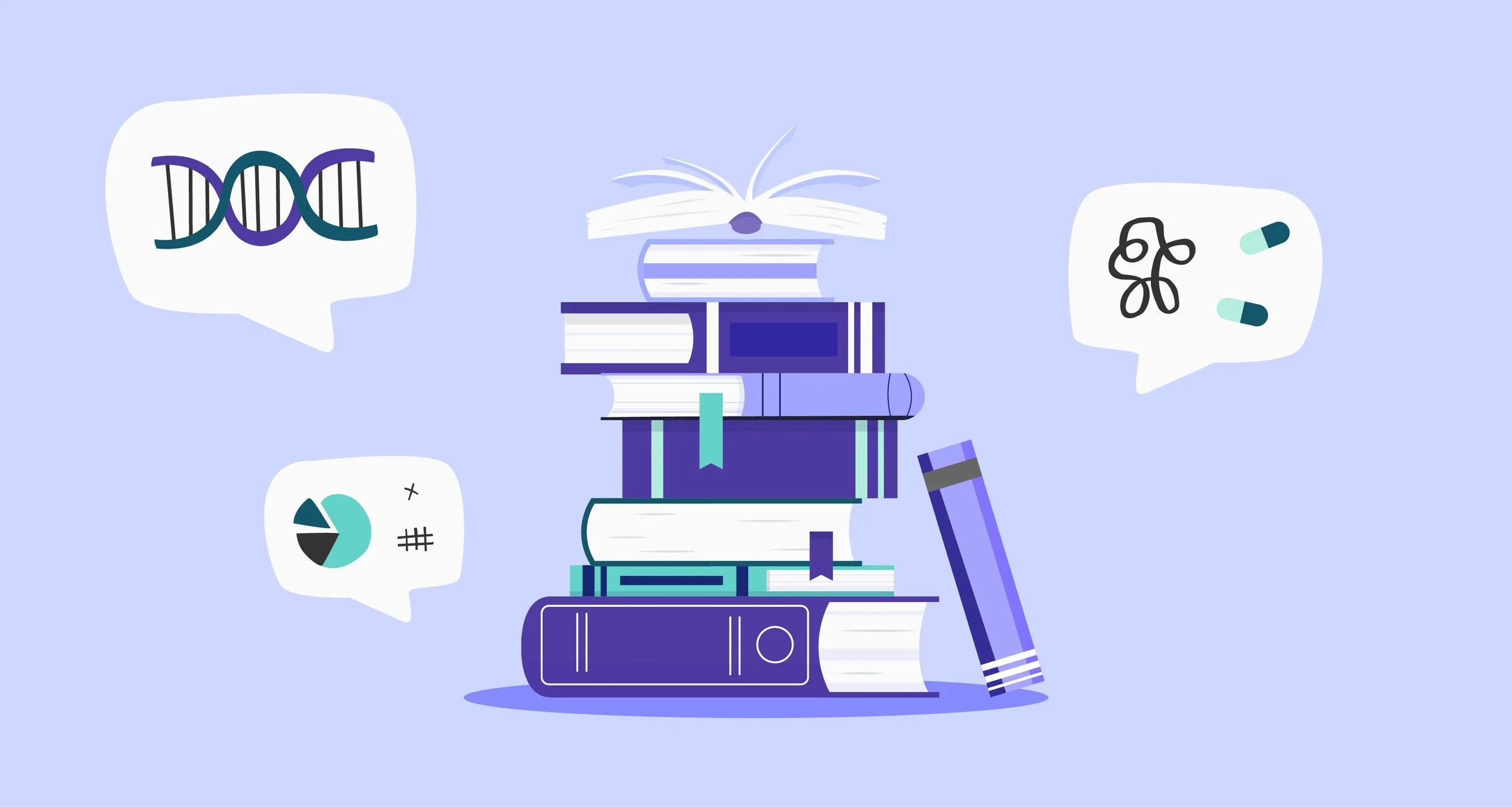
Living it, researching it: from struggles in education to shaping the future for disabled students
In today’s blog, Guest Contributor, Chloe Webster-Harris, shares a poignant insight into her journey through university, her life-changing diagnosis as Autistic and ADHD and their progression to being a co-researcher on a project addressing the disparity of support for disabled students in higher education.
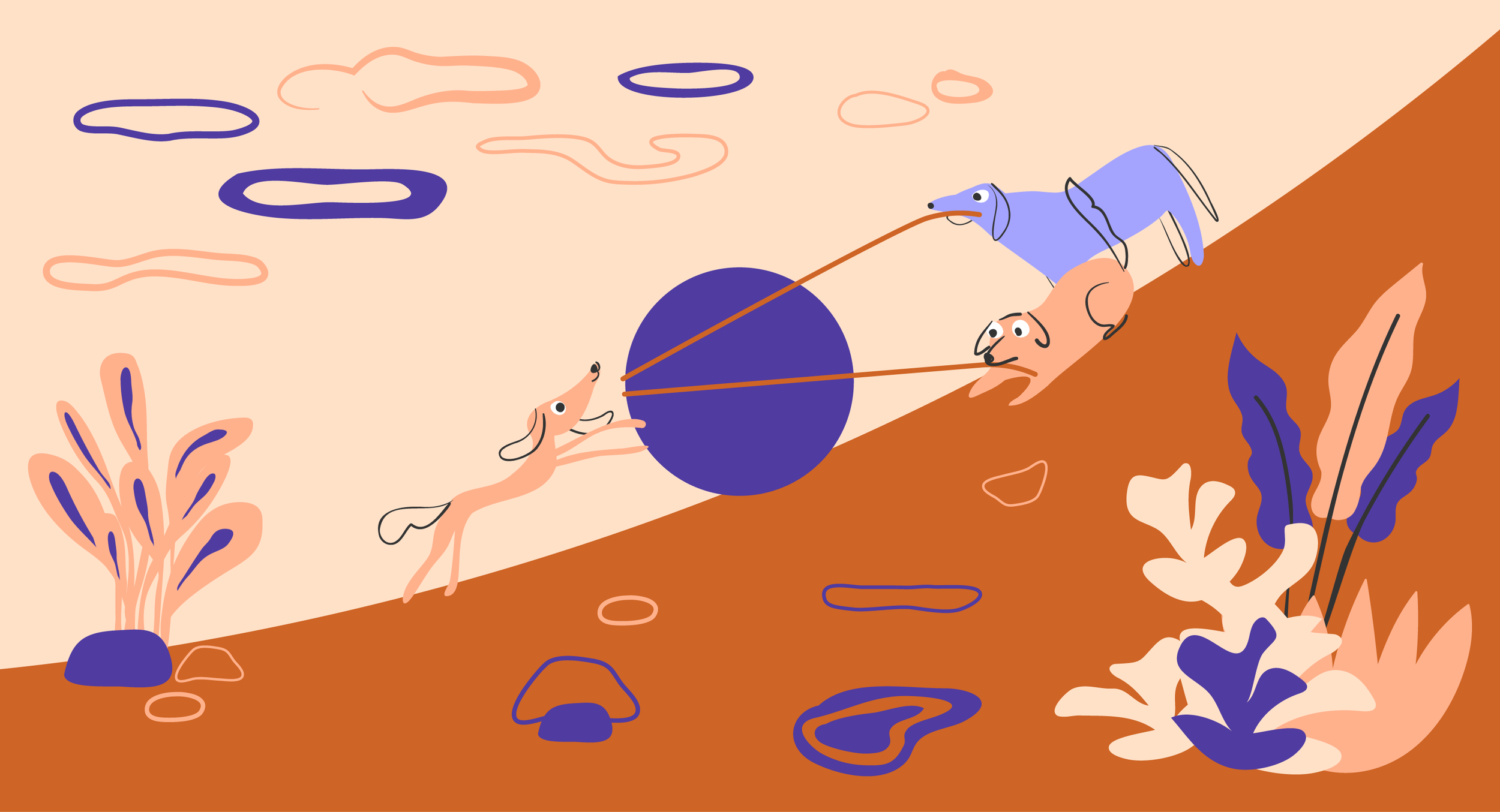
Making the world a better place for Neurodivergent people: We are Neurodiverse Connection.
Kay Louise Aldred, Development Lead at NdC, shares an insight into recent work undertaken by colleagues across our organisation, to update and define our organisational purpose, vision, mission and values.

Navigating my relationship with my sister as an Autistic person
A Guest Contributor shares a poignant reflection on their sibling relationship, as a late-diagnosed Autistic person, and explores how patience, love and a shared history combine to support their commitment to understanding each other.

Misinformation hurts: why we need better conversations about Neurodivergence
Viral posts might be entertaining, but they’re not always accurate, explains Guest Contributor, Chloe Webster-Harris in today’s blog. Chloe joins us to explore why evidence-based information matters and how to spot red flags online.
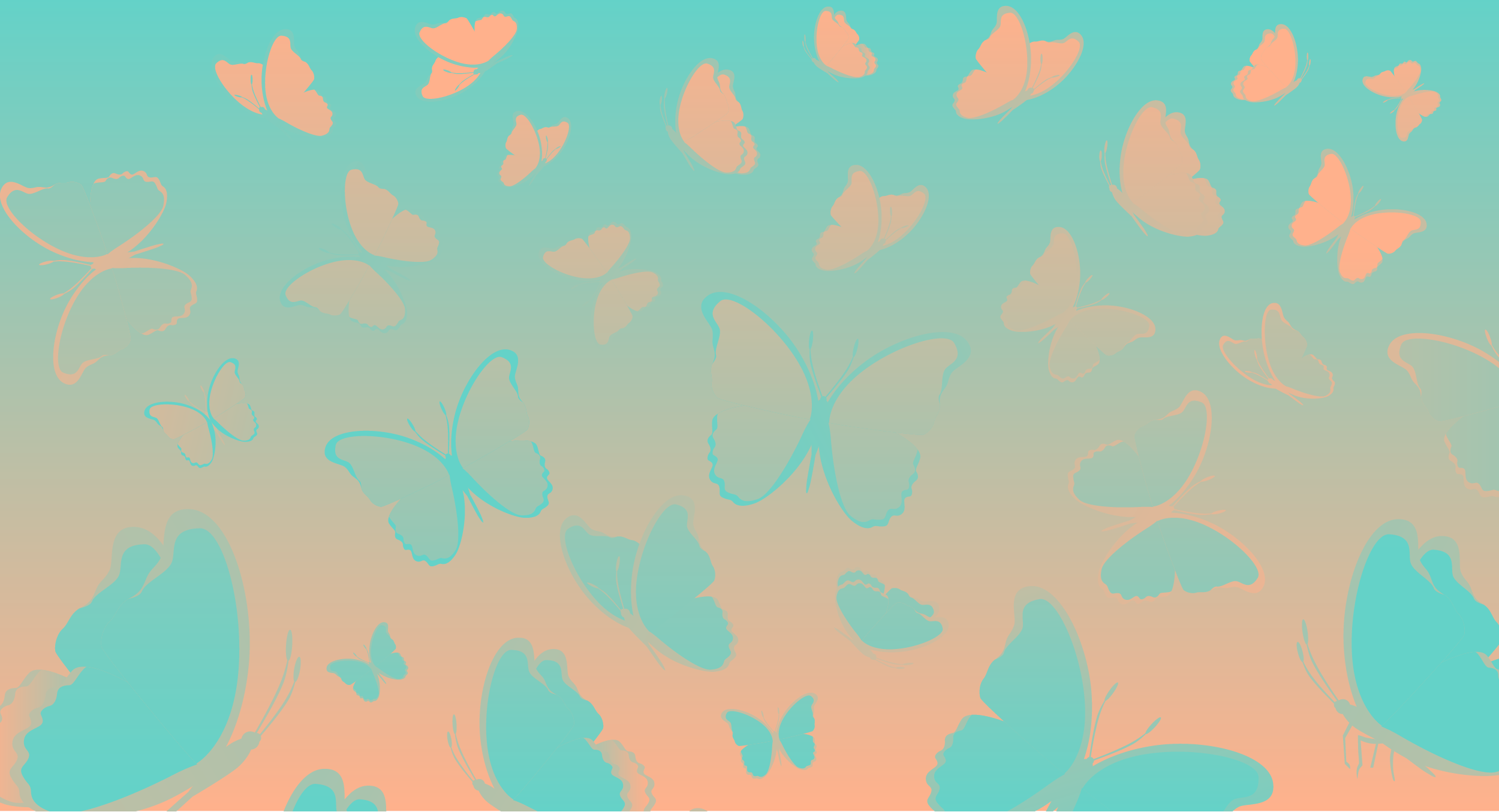
Finding myself through the ‘Neurodivergent Wellbeing Approach’
In this blog, we hear from Andreia Costa, a past attendee of our Neurodivergent Wellbeing Approach training course. Andreia shares a heartfelt insight into how the course supported her to honour and embrace her own Neurodivergent identity and needs, as well as those of her Neurodivergent daughter.
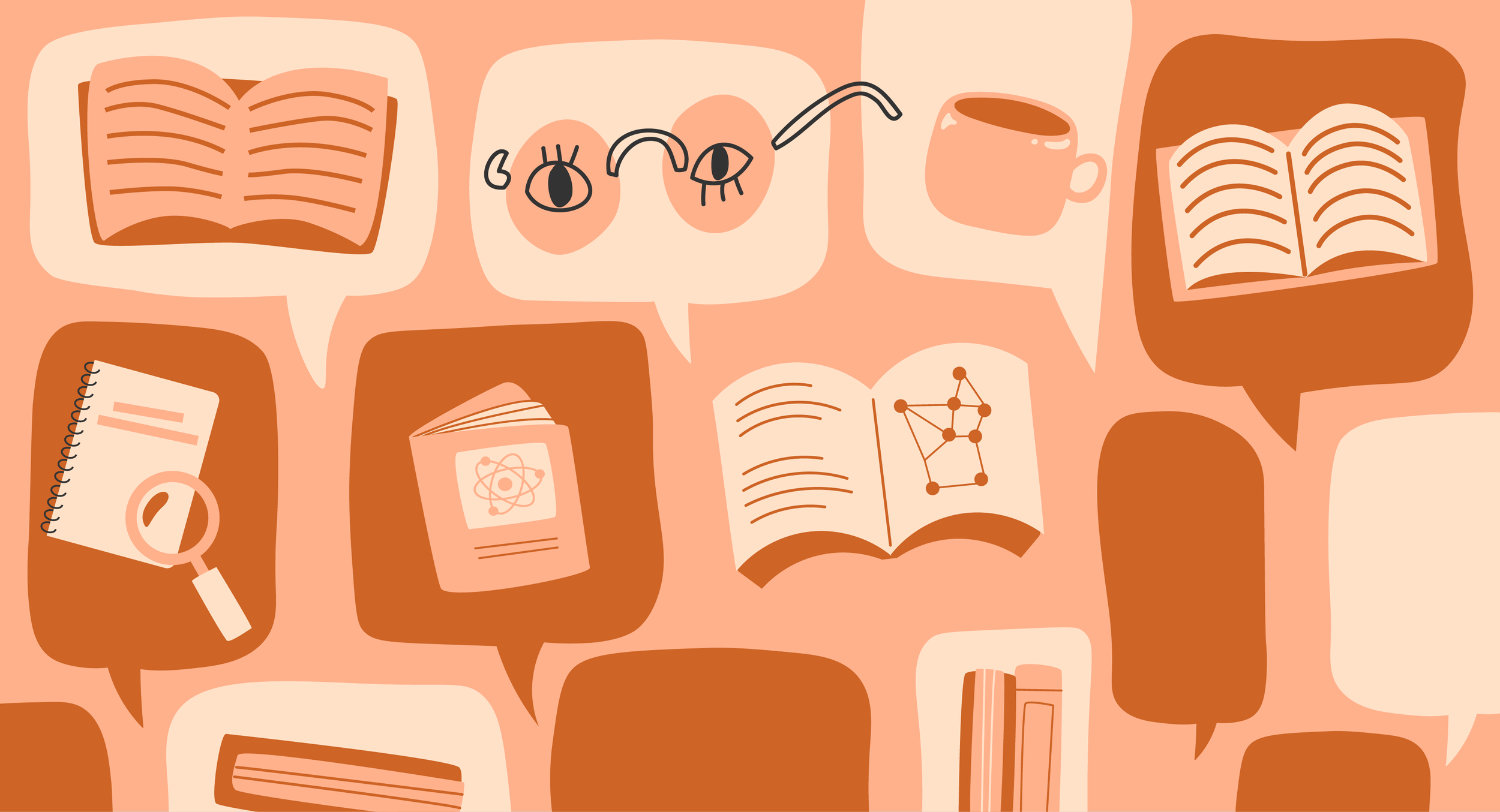
Call for participants: Join the Neurodivergent Creative Research Community
In this blog, Kay Louise Aldred, is calling for Neurodivergent adults to take part in a unique, paid research opportunity that values your lived experience and creative passions.

Freedom expressed: joy, movement and the colours of my mind
Guest contributor, Remie Colledge, shares a beautiful insight into her lived experience of embracing and expressing her authentic Neurodivergent self.
- ABA
- abuse
- accessible
- ADHD
- adults
- advocacy
- affirming
- aging
- assessment
- autism
- autistic parents
- black autistic
- building design
- burnout
- childhood
- children
- co production
- coercive control
- communication
- community
- culture
- depression
- Designing Homes for Sensory Differences Summit 2024
- diagnosis
- disability
- dyslexia
- eating disorders
- education
- empathy
- employment
- environment
- ethics
- executive functioning
- family
- friendships
- GCC Summit 2023
- gender
- grooming
- guidance
- health
- healthcare
- holiday
- housing
- human rights
- identity
- inclusion
- inpatient
- intersectionality
- joy
- language
- late diagnosed
- learning disability
- LGBTQIA+
- lived experience
- masking
- medicalisation
- meltdown
- mental health
- monotropism
- mothers
- nervous system
- newly diagnosed
- NHS
- OCD
- online
- pain
- parents
- PBS
- peer support
- play
- psychiatric care
- quality of life
- race
- racism
- reasonable adjustments
- relationships
- research
- resources
- routine
- school
- self diagnosis
- self regulation
- sensory environment
- sensory overwhelm
- sensory processing
- services
- sexism
- special interests
- spirituality
- stimming
- stress
- suicide
- support
- therapy
- training
- trauma
- trauma-informed
- women
- workplace
- young people
Got something to say?
We commission blogs from neurodivergent writers. We are particularly keen to hear from people of colour, older people, and non-speaking members of our community. Help us in our mission to amplify the views and voices that are most often left unseen and unheard.


